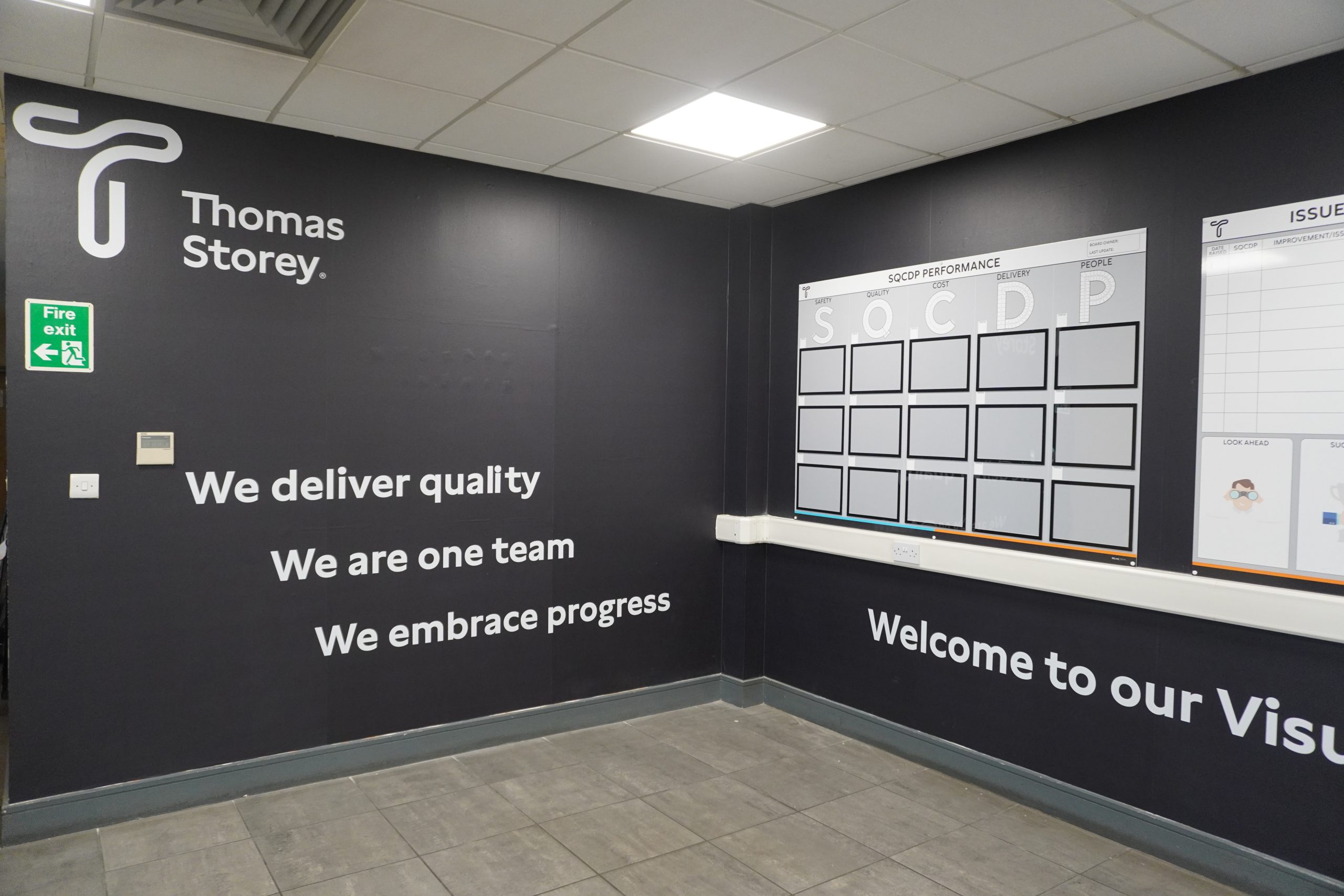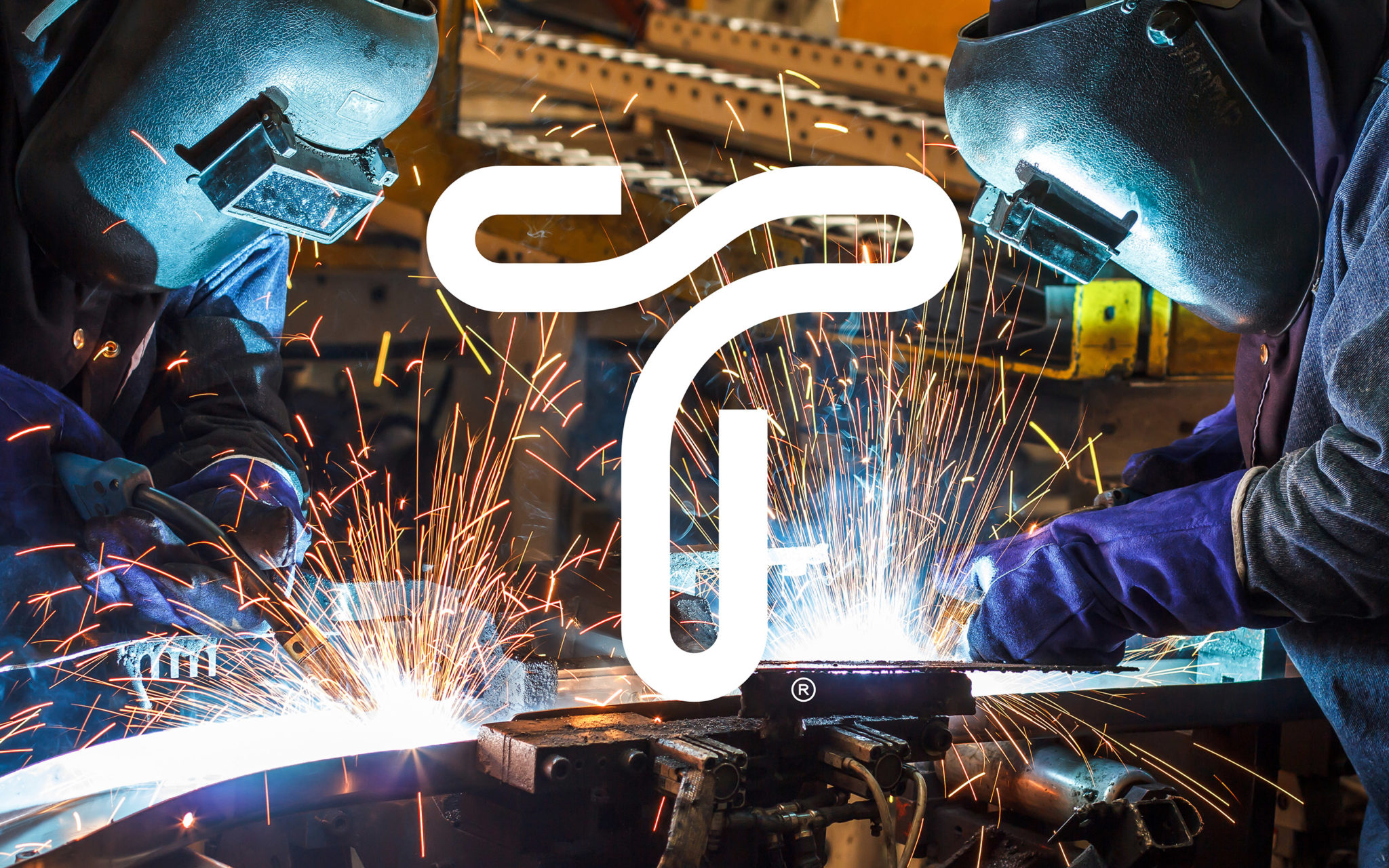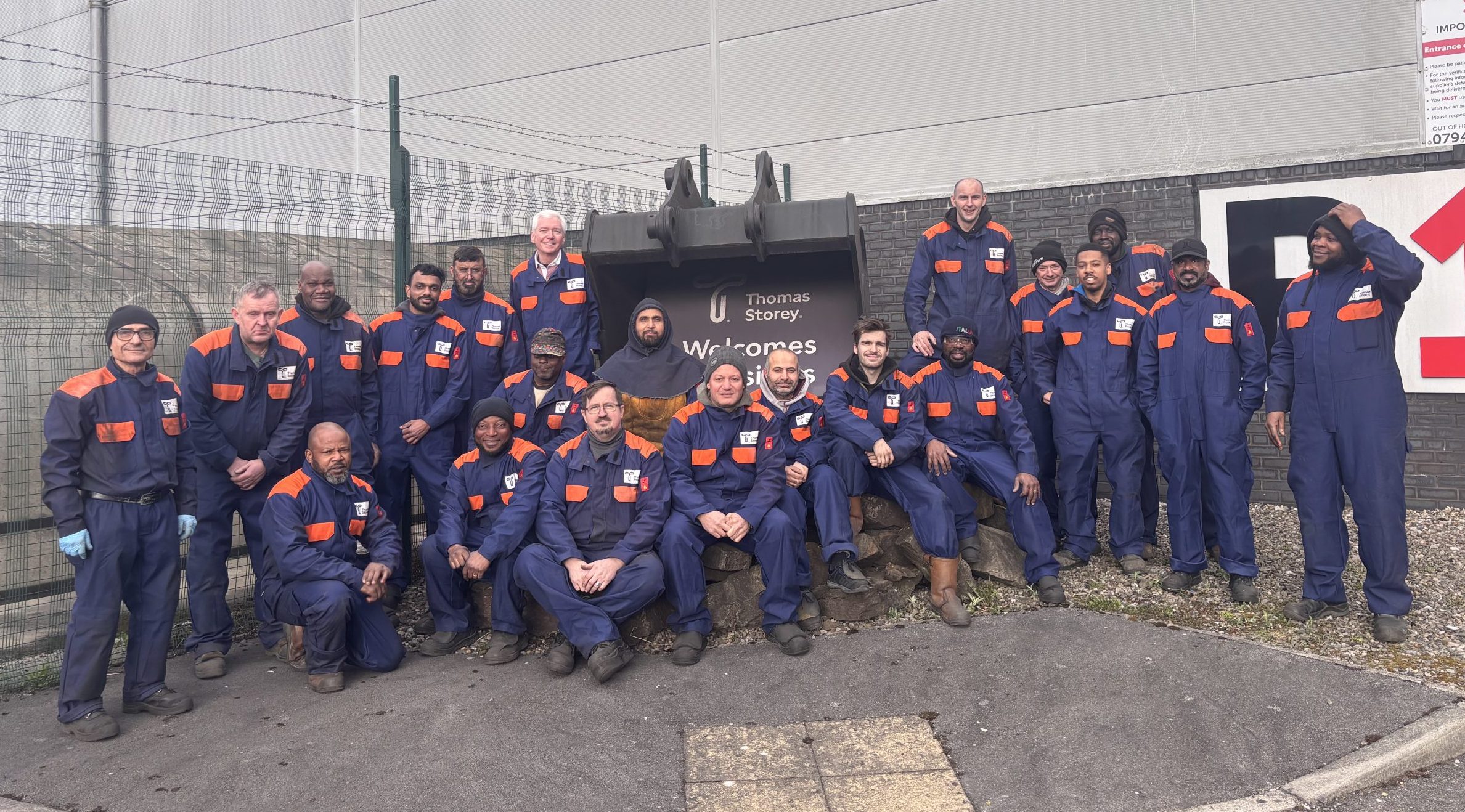The Carbon Border Adjustment Mechanism (CBAM) is a policy tool created by the European Union, aimed at addressing carbon leakage, which primarily happens when companies relocate production to countries with no proper environmental regulations in place.

This mechanism places a price on carbon emissions with certain goods, such as steel, aluminium, cement and electricity, aligning with the EU’s internal carbon pricing under its Emissions Trading System. By imposing carbon tariffs on imports from countries with weaker climate policies, CBAM encourages foreign producers to adopt greener production methods while protecting EU industries from unfair competition.
The scheme was designed to help the EU meet its goal of reducing greenhouse gas emissions by at least 55% by 2030 compared to 1990 levels.
Since the UK’s exit from the EU, the government has announced that it will introduce a UK version of CBAM by 2027 as part of the industrial decarbonisation action to meet the 2050 net zero targets enshrined in UK law. This includes the use of carbon pricing through the UK Emissions Trading Scheme (UK ETS).
The UK CBAM will place a carbon price on some of the most emission intensive industrial goods imported to the UK from the aluminium, cement, ceramics, fertiliser, glass, hydrogen, iron and steel sectors.
The liability applied by the CBAM will depend on the greenhouse gas emissions intensity of the imported good and the gap between the carbon price applied in the country of origin (if any) and the carbon price that would have been applied had the good been produced in the UK.
CBAM liability will lie directly with the importer of imported products within scope of the UK CBAM on the basis of emissions embodied in imported goods and will not involve the purchase or trading of emissions certificates.
For CBAM to operate, importers of the specific carbon-intense products, must get CBAM certificates. These certificates ensure that imported items are subject to the same carbon costs as those generated within the EU under the ETS, matching the carbon emissions inherent in the imported products. If the exporting country has its own carbon pricing mechanism, the cost already incurred can be deducted from the CBAM charges to prevent double taxation.
CBAM will first run in a transitional phase from October 2023 to October 2025 during which importers will just be required to report emissions and won’t be required to make any payments. Businesses are able to adjust during this time as final regulations and procedures are being worked out in preparation for complete adoption by 2026. The UK ETS Authority committed to maintain current levels of free allocation for industrial sectors until 2026. The UK CBAM will work with the UK ETS, including free allowances, to ensure imported products are subject to a carbon price comparable to that incurred by UK production, mitigating the risk of carbon leakage.
Jo Atkinson, Executive Director at Thomas Storey Fabrications Group Ltd, says: “As a UK based company using British-sourced steel, we believe we have distinct advantage over importers and manufacturers of steel products from countries such as India or China. We are increasing the use of scrap steel and transitioning to more energy efficient and lower carbon production methods, altogether reducing our carbon footprint. This should give us a lower carbon price and CBAM liability – especially after the UK ETS allowances are taken into consideration – compared to our competitors”.
As policy evolves and Government consultations are due to conclude by October 2025, UK manufacturers and importers should familiarise themselves with the UK CBAM scheme and its interaction with the UK ETS, in order to avoid expensive carbon reduction payments in the future.
To find out more or to discuss your latest project, contact a member of our team on 0161 220 3960 or email us info@thomas-storey.co.uk.



